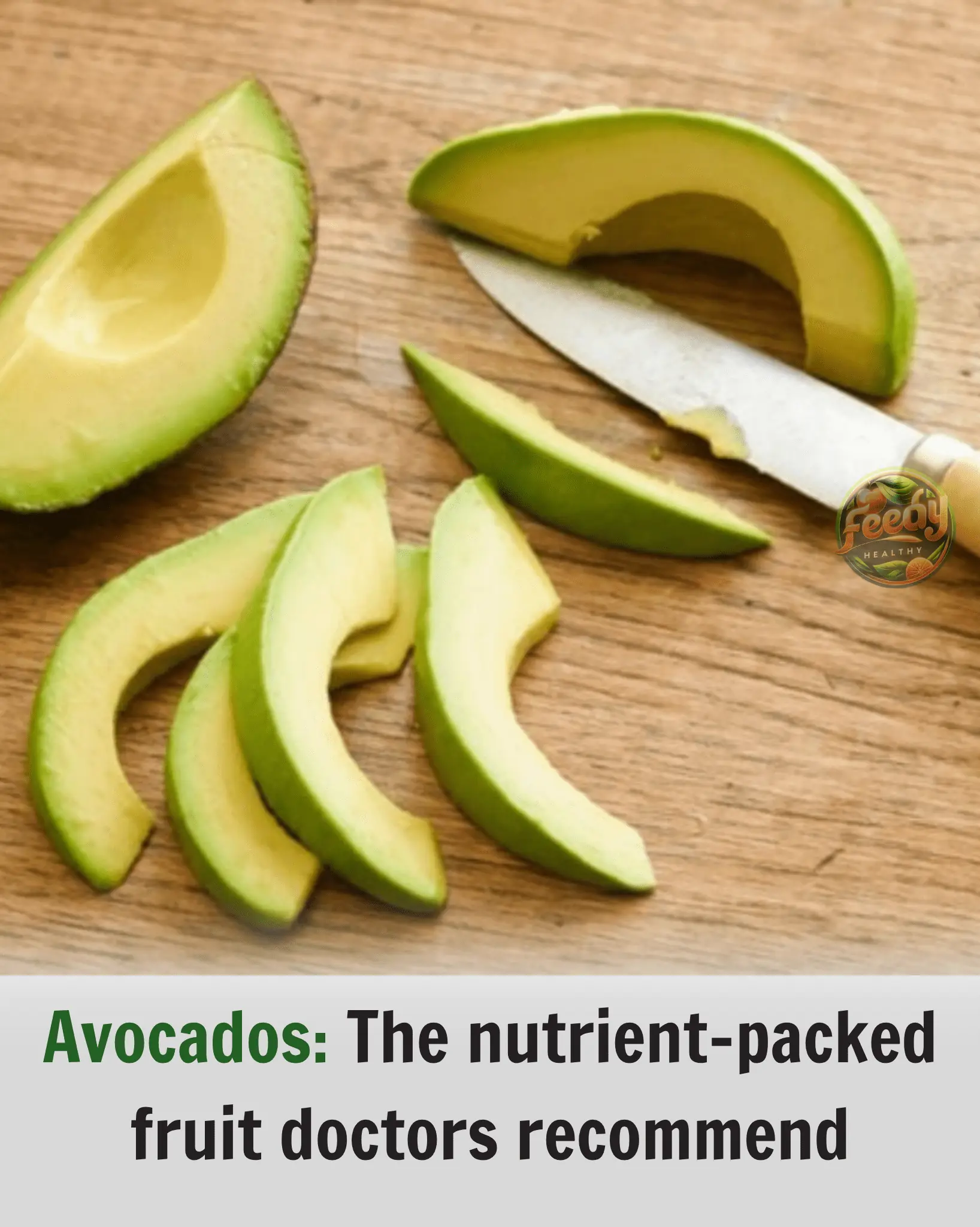
Science backs it up: 3 fruits that fight fatty liver, regulate sugar and cholesterol
Non-alcoholic fatty liver disease (NAFLD)—also called metabolic dysfunction–associated steatotic liver disease (MASLD)—is the buildup of excess fat in the liver. It’s closely linked to excess body weight, insulin resistance, and sedentary lifestyle. Many people have no symptoms, though some report fatigue, feeling unwell, or discomfort under the right ribs. Risk increases with abdominal obesity, type 2 diabetes, PCOS, high blood pressure or cholesterol, low activity levels, and older age.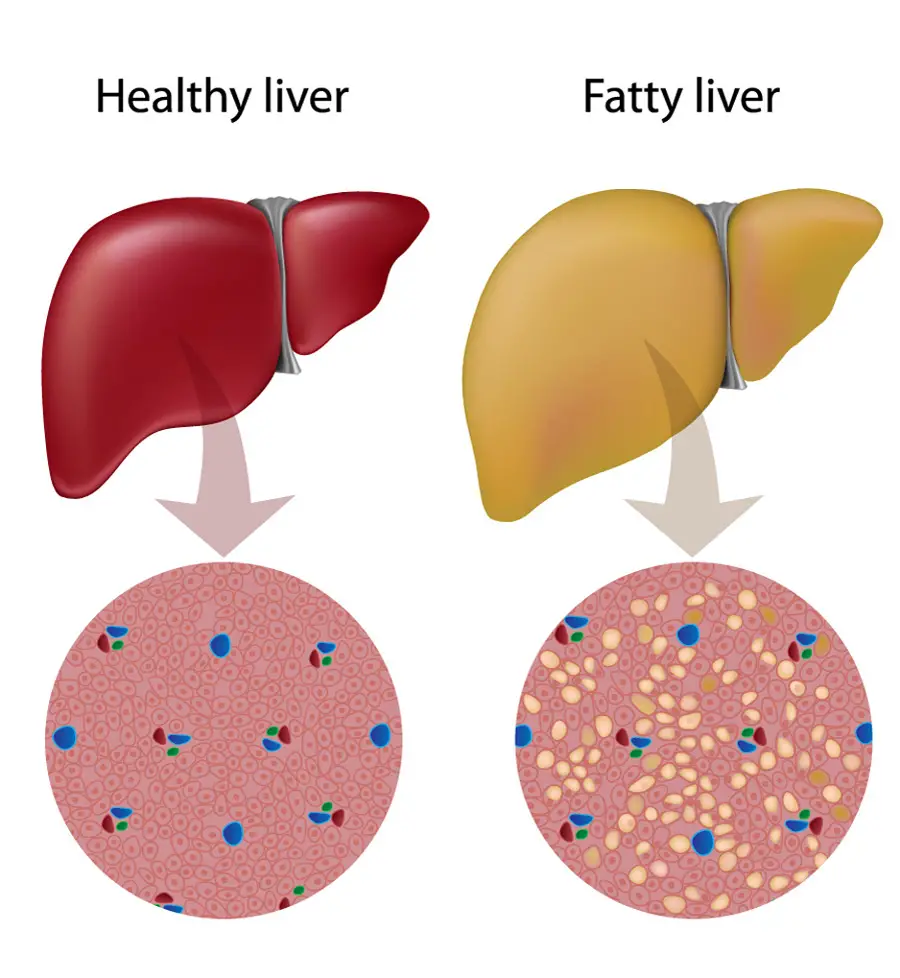
Diet quality matters. Research suggests that fruit patterns rich in polyphenols, fiber, and antioxidant pigments can help reduce liver fat and improve metabolic markers over time. Below are three fruits with the best supportive evidence—plus no-fuss ways to eat them.
1) Blueberries — Anthocyanin Powerhouses
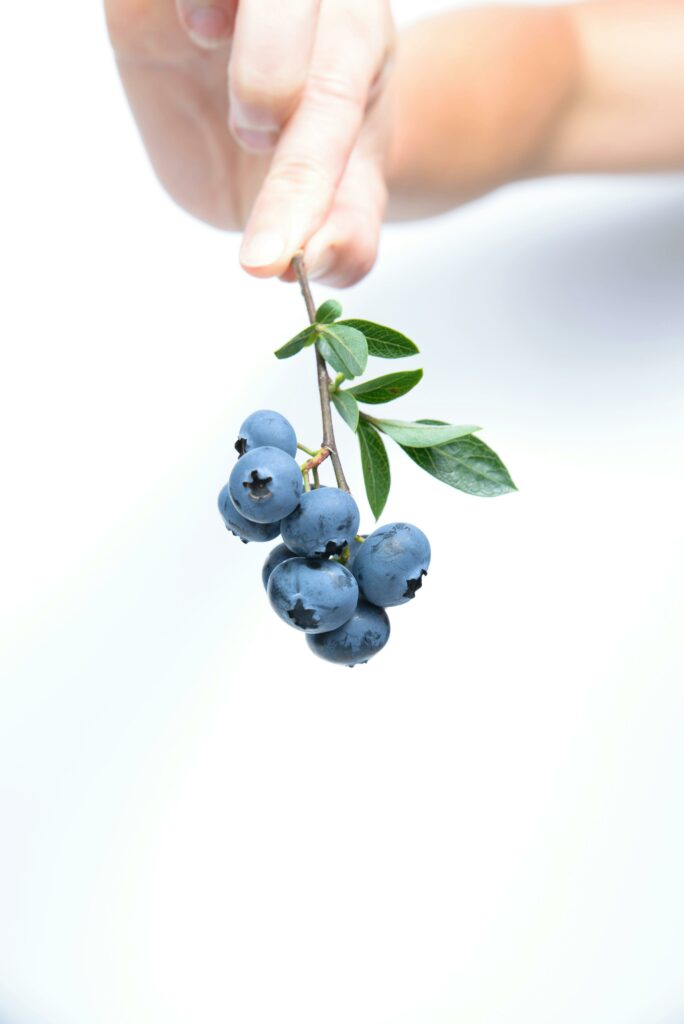
Blueberries are rich in anthocyanins, potent antioxidants that:
-
Help limit oxidative stress and low-grade inflammation that contribute to NAFLD
-
Support healthier glucose handling (better insulin sensitivity)
-
May modestly improve lipid profiles (e.g., lower LDL in some studies)
How to use
-
Aim for ~½ cup (≈75 g) fresh or frozen most days (4–5 times/week is a good target).
-
Blend with spinach and Greek yogurt, or scatter over oatmeal.
-
Choose whole berries over sweetened juices (you keep the fiber and avoid sugar spikes).
-
Organic is optional but can reduce pesticide exposure.
2) Apples — Fiber + Polyphenols for Metabolic Health
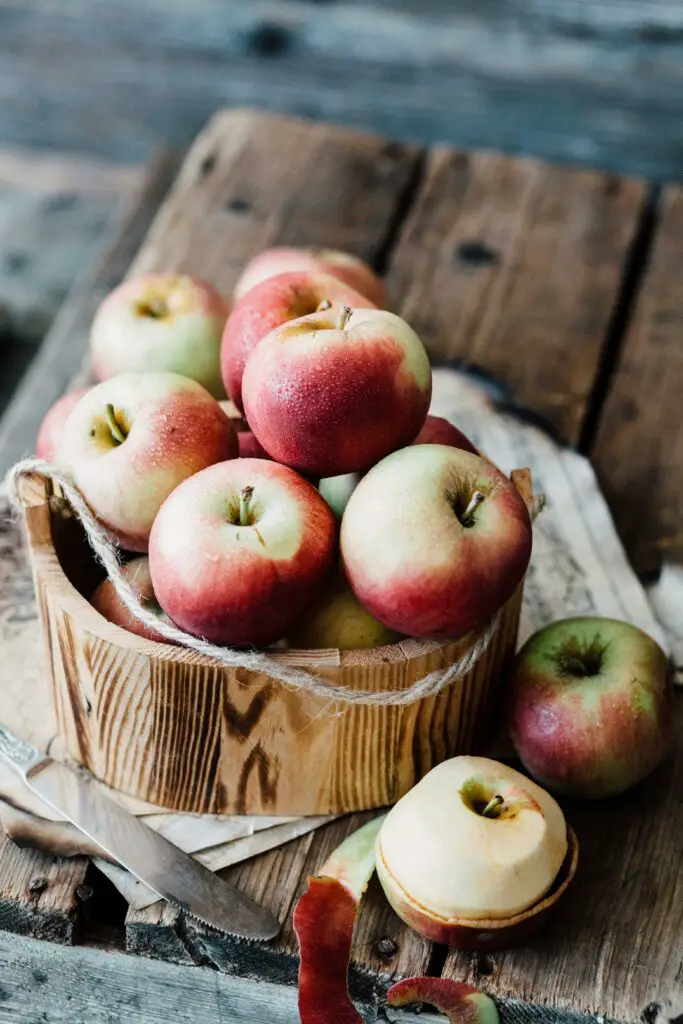
Apples provide soluble fiber (pectin) and polyphenols (e.g., quercetin) that:
-
Bind some dietary fats and cholesterol in the gut, aiding excretion
-
Slow carbohydrate absorption to steady blood sugar
-
Offer antioxidant protection to liver cells
How to use
-
Eat one whole apple (skin on) daily; two is fine for many people.
-
Pick higher-fiber types like Granny Smith or Fuji.
-
Easy ideas: a snack with nut butter; baked with cinnamon; grated into carrot-walnut salad.
-
Skip overly sweet sauces/compotes that strip fiber and nutrients.
3) Avocados — Heart-Healthy Fats That Satiate
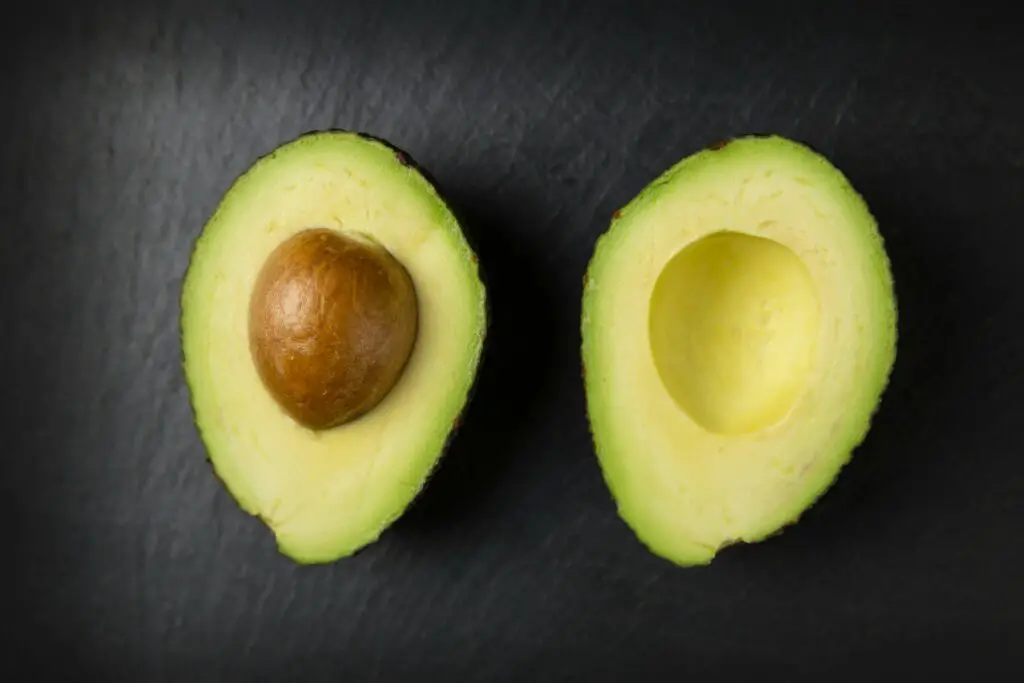
Avocados deliver monounsaturated fats, fiber, and vitamin E that:
-
Support insulin sensitivity and more stable blood sugar
-
Help nudge LDL cholesterol down when used in place of refined carbs or saturated fat
-
Provide antioxidants that can calm liver-related inflammation
How to use
-
½ avocado per day (about 120 kcal) is a practical portion, 3–5 times/week.
-
Layer on whole-grain toast with tomato, toss into green salads with lemon, or puree with plain yogurt for a quick dip.
-
Choose ripe fruit that yields slightly to gentle pressure.
Simple Weekly Plan (example)
-
Most days: ½ cup blueberries at breakfast.
-
Daily: 1 apple with skin as a snack or dessert.
-
3–5 days/week: ½ avocado at lunch in a salad or on toast.
Extra Tips for Better Results
-
Pair these fruits with an overall Mediterranean-style pattern: vegetables, legumes, whole grains, nuts, seeds, fish, olive oil.
-
Prioritize weight management, regular physical activity (≥150 minutes/week of moderate exercise), and sleep.
-
Limit added sugars, sugary drinks, ultra-processed snacks, and heavy alcohol intake.
Safety Notes
-
If you have diabetes, adjust portions and monitor glucose (fruit still “counts” toward carbs).
-
If you’re on lipid-lowering or diabetes medications, keep your clinician in the loop as your diet changes.
-
Fruit alone won’t reverse fatty liver—think diet pattern + movement + weight control over weeks to months.
Bottom line: Consistently eating blueberries, apples, and avocados—within a balanced, calorie-appropriate diet—can support liver health, steadier blood sugar, and healthier cholesterol levels.
News in the same category


Unveil Colgate’s Surprising Secret for Softer Feet

Red, Itchy, and Sweaty Skin are the consequences of having s… See more

Red, Itchy, and Sweaty Skin are the consequences of having s… See more

Oropharyngeal Cancer: Not Just Caused by Smoking
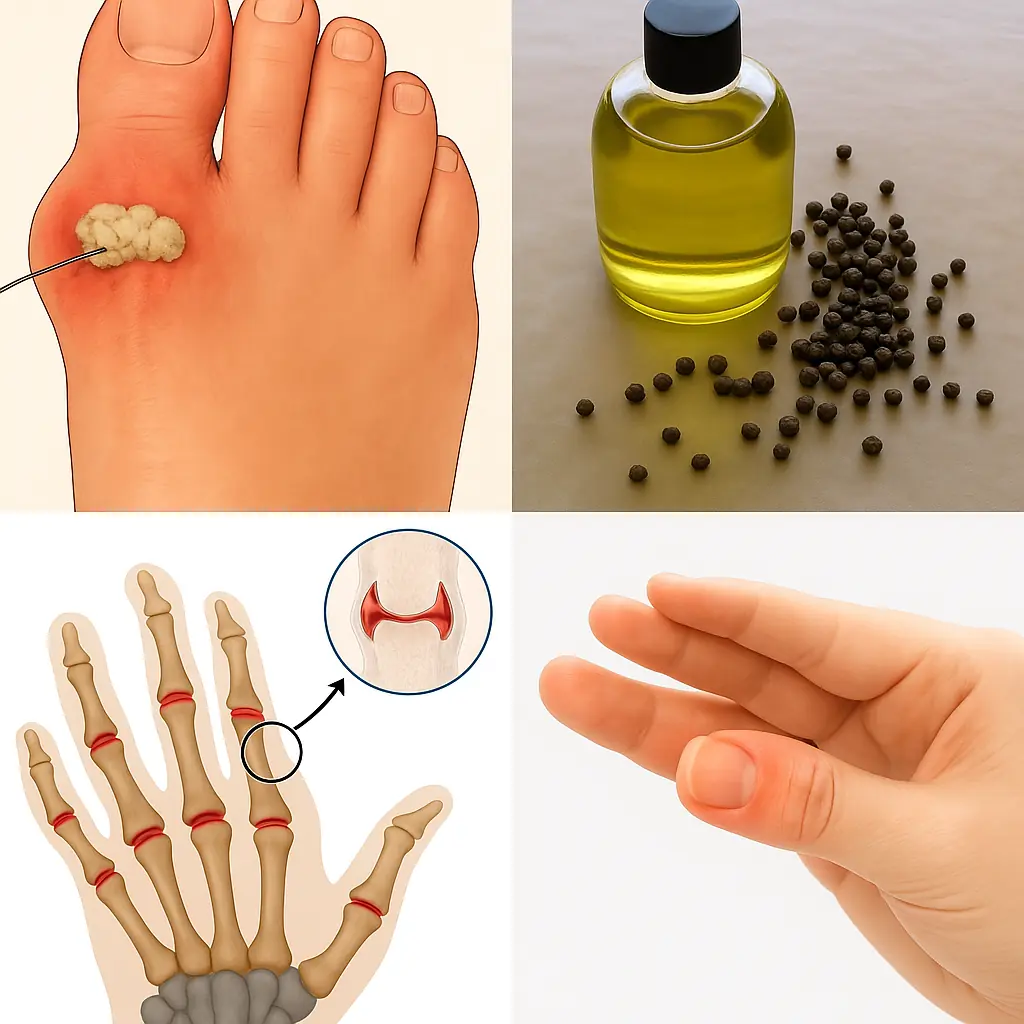
Black Pepper Oil: The Spicy Secret to Health and Smoking Cessation

The Health Benefits of Sleeping Naked: What Science Actually Says
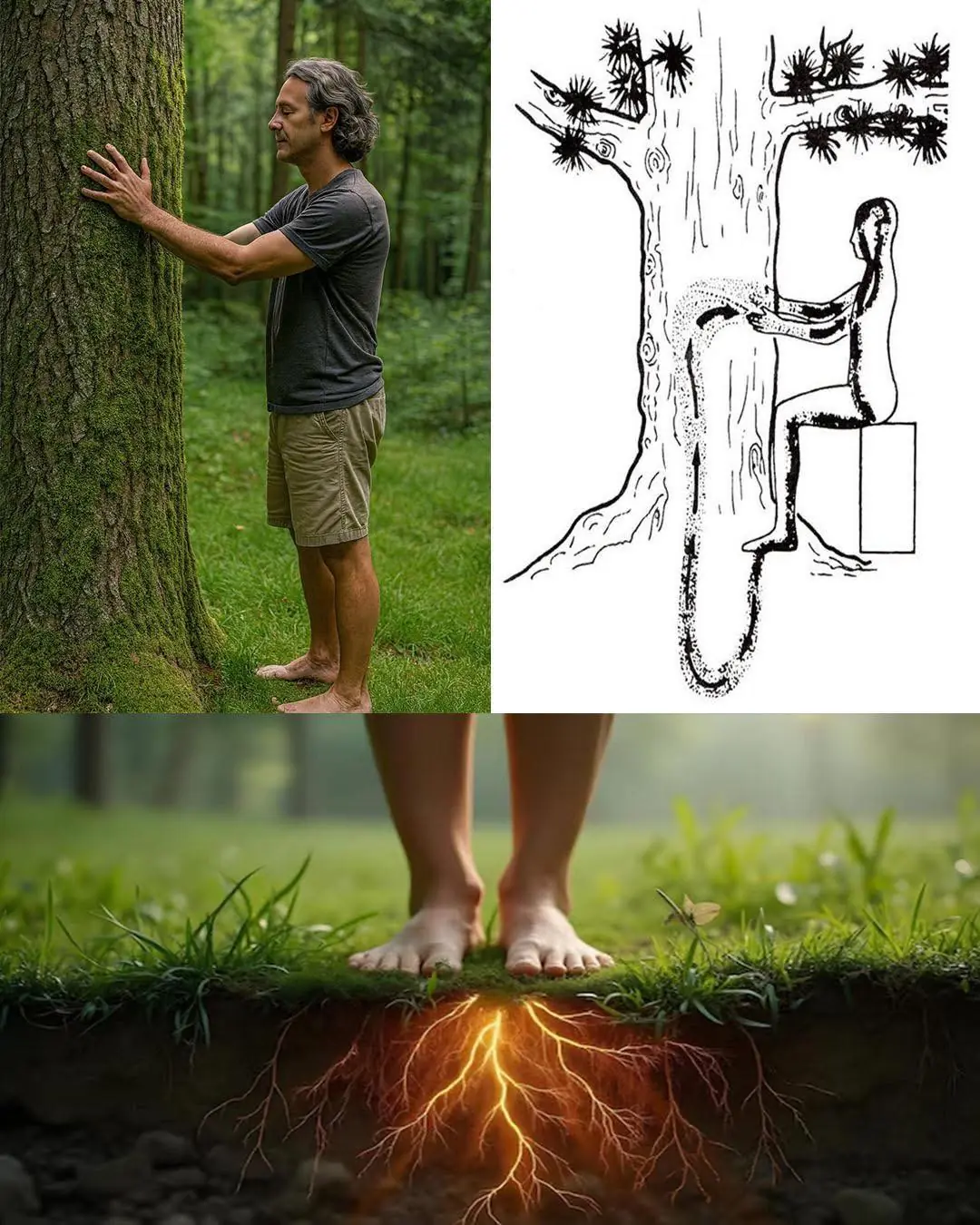
Grounding with Trees: How Barefoot Earthing and Tree Energy Can Restore Balance
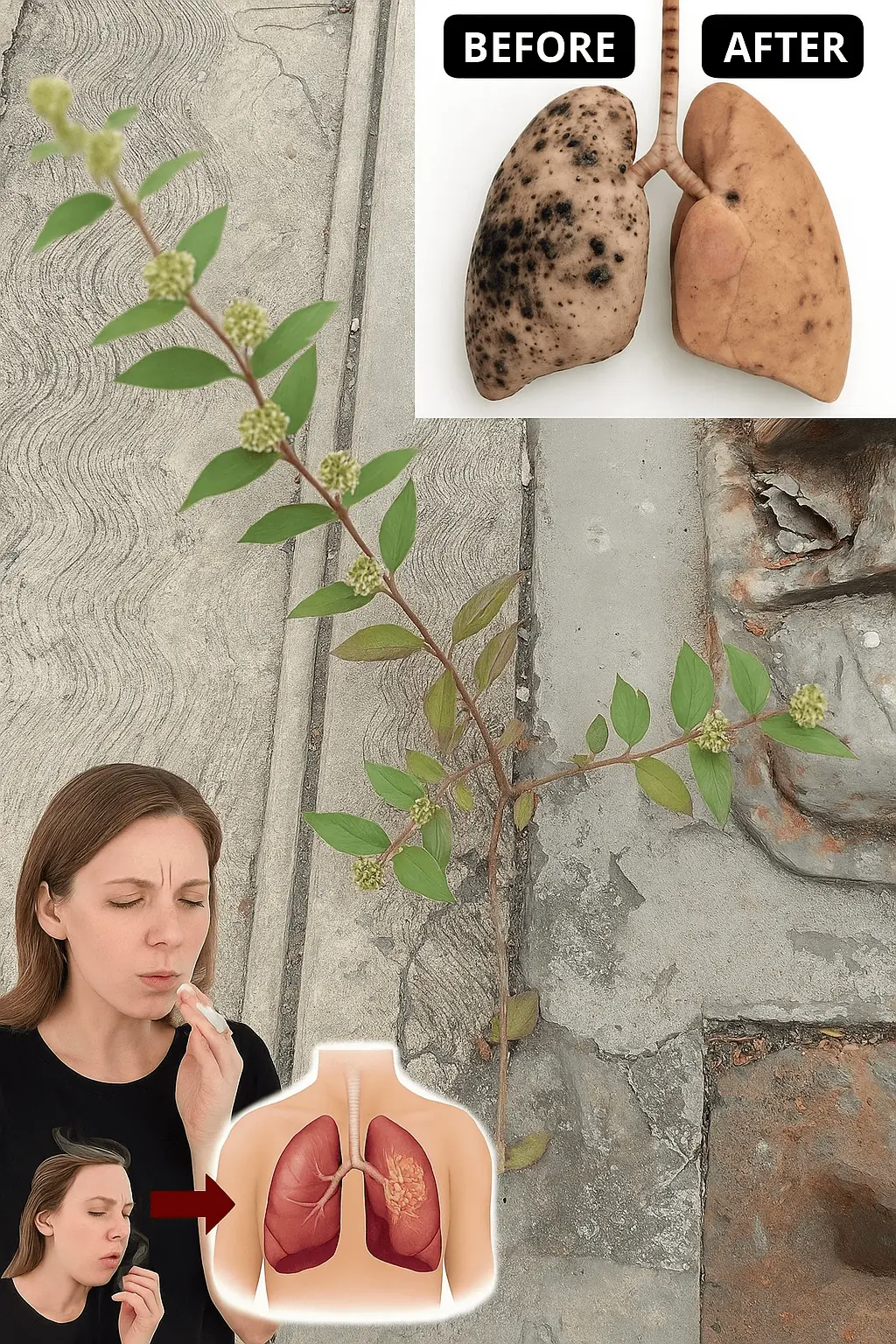
Benefits of Euphorbia Hirta
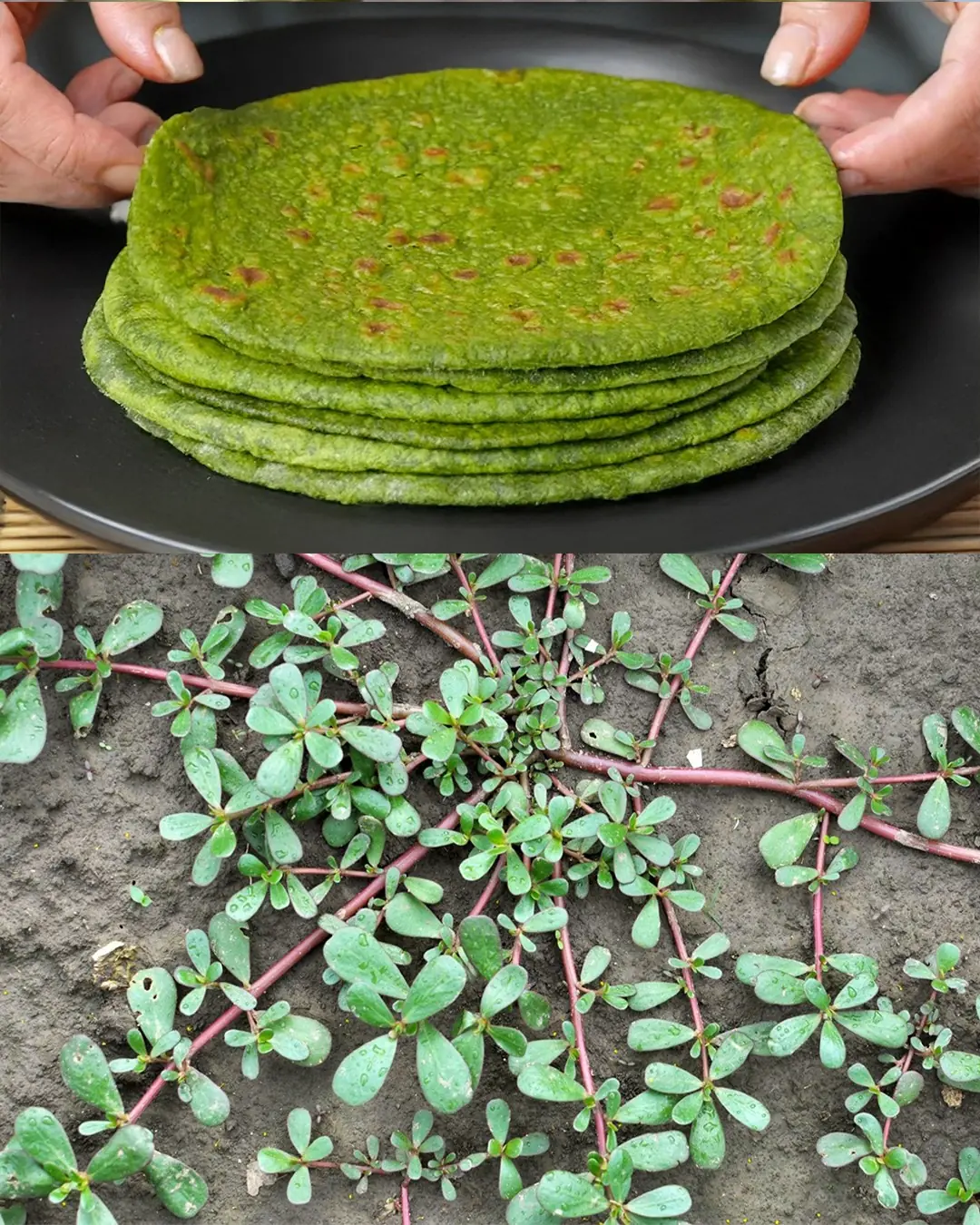
Why You Should Embrace Purslane in Your Garden: 8 Compelling Reasons

Man who vaped for 9 years issues terrifying warning after being hospitalized with “searing pain”

9 Warning Signs of Diabetes You Might Be Overlooking
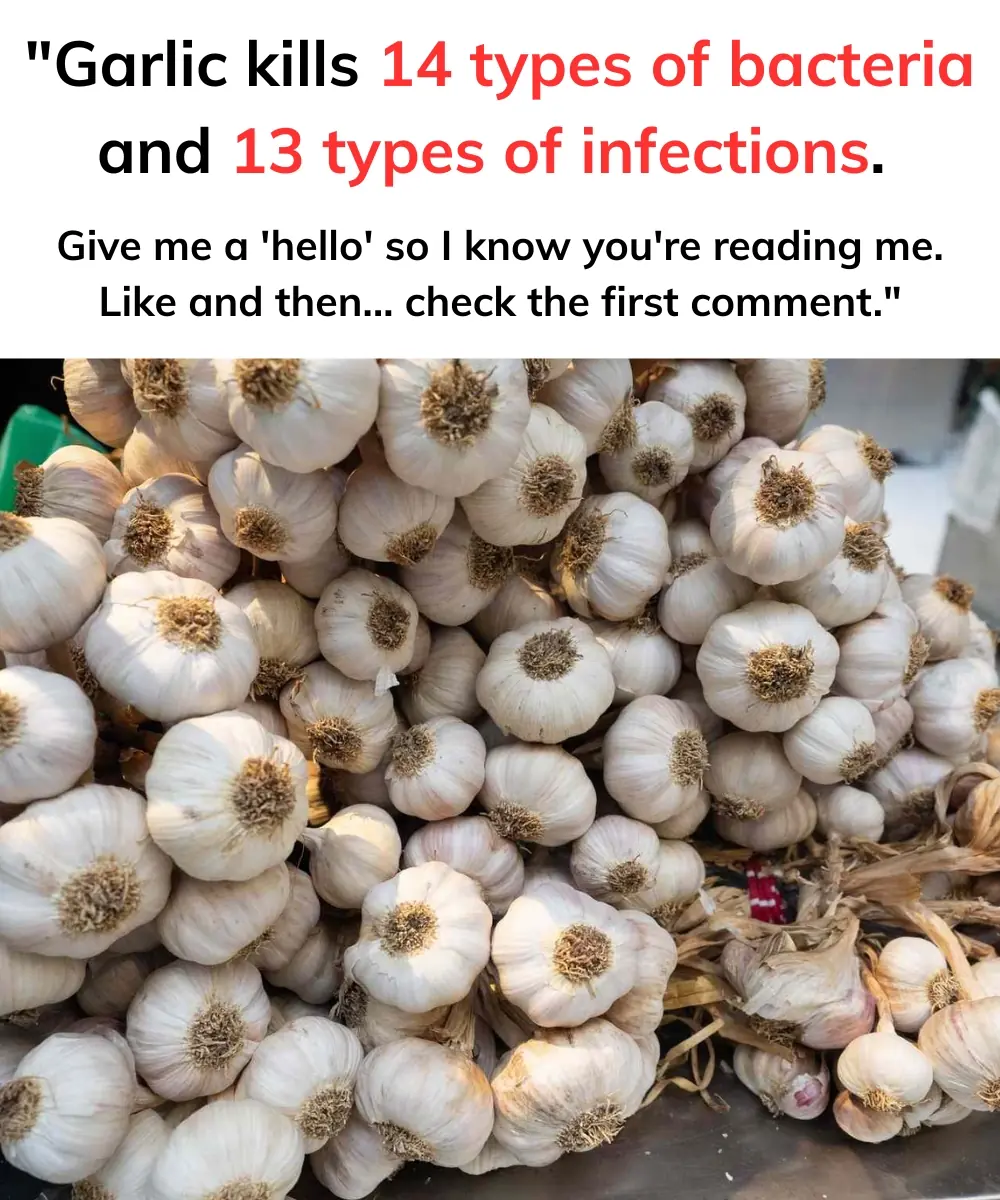
Garlic and Clove: Two Treasures for Your Health
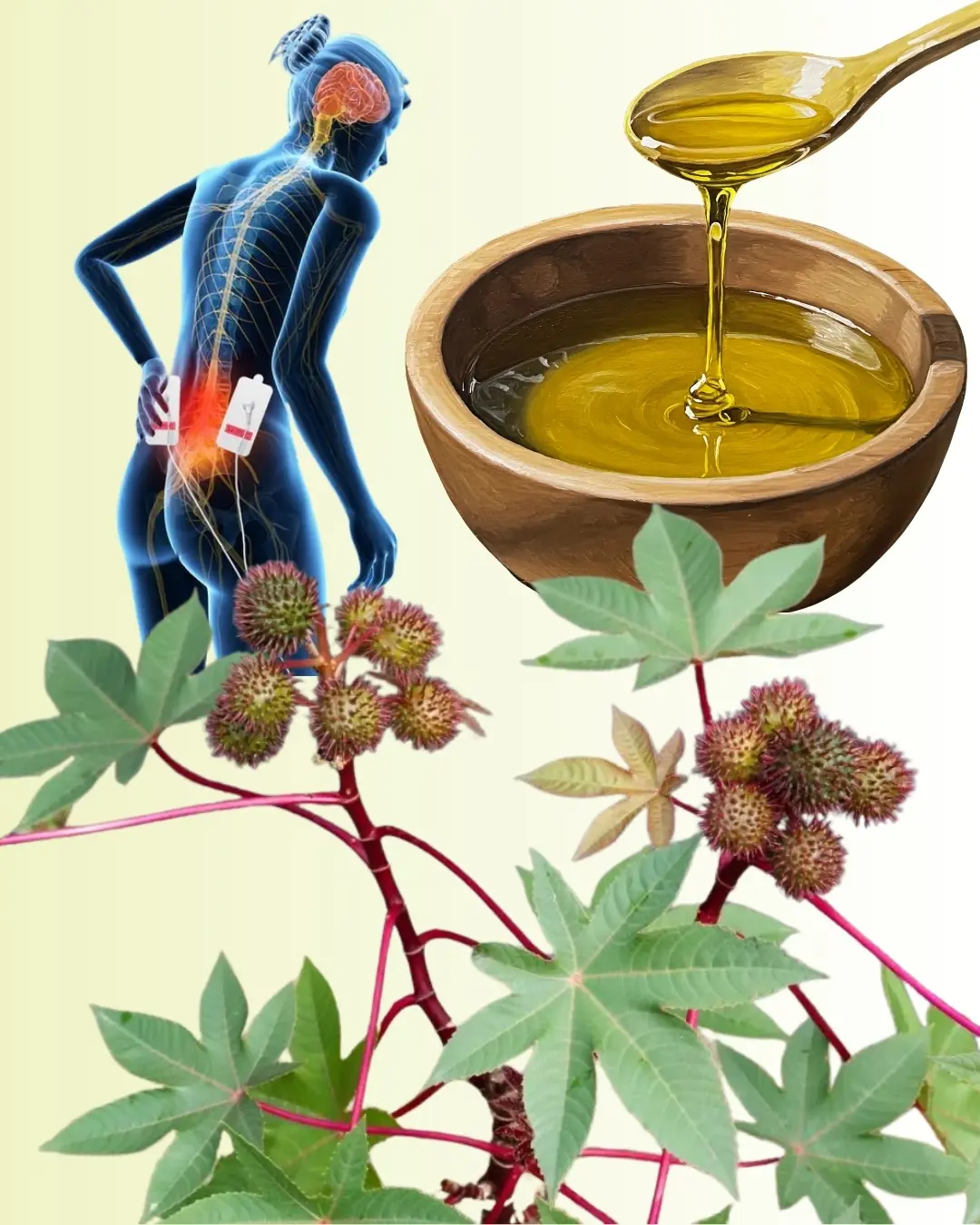
Discover the Hidden Gold in Your Garden: The Amazing Power of Castor Leaves

If You See Someone With Prominent Green Veins, Tell Them This – It Could Save Their Life

15 Deadly Kidney Signs You Must Catch Early

13 Early Signs of Kidney Failure (You Ignore Daily) | Symptoms of Kidney Failure

A 4-Year-Old Girl Nearly Lost Her Life Due to Diabetes, Parents Cried: “We Spoiled Her Too Much!”
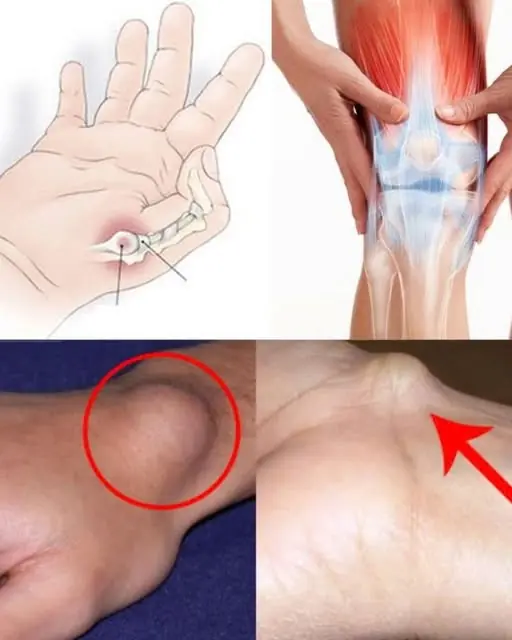
A Cyst on the Foot or Wrist: What You Should Know
News Post
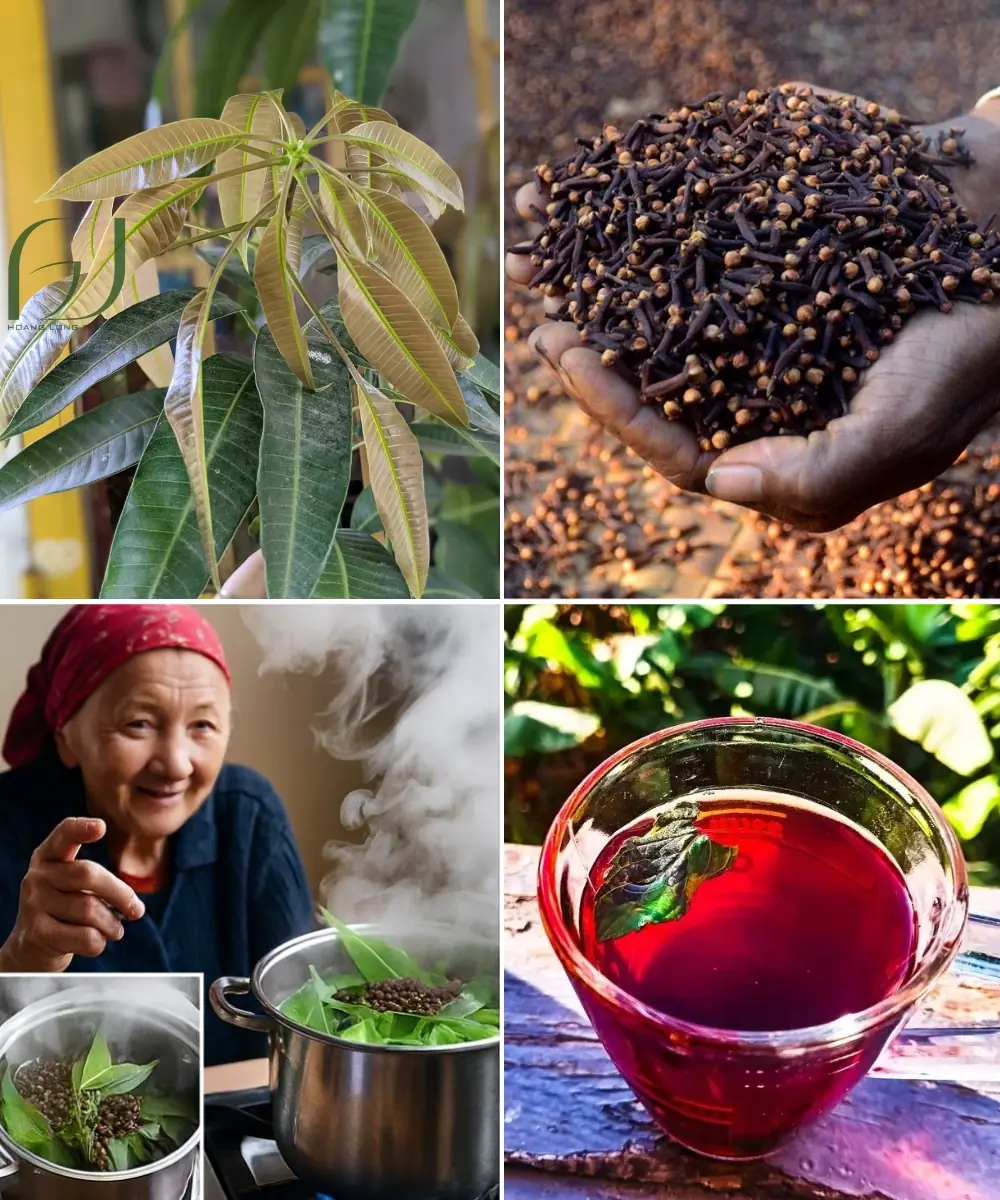
Unlock Nature’s Secret: The Magic of Mango Leaf Tea with Cloves
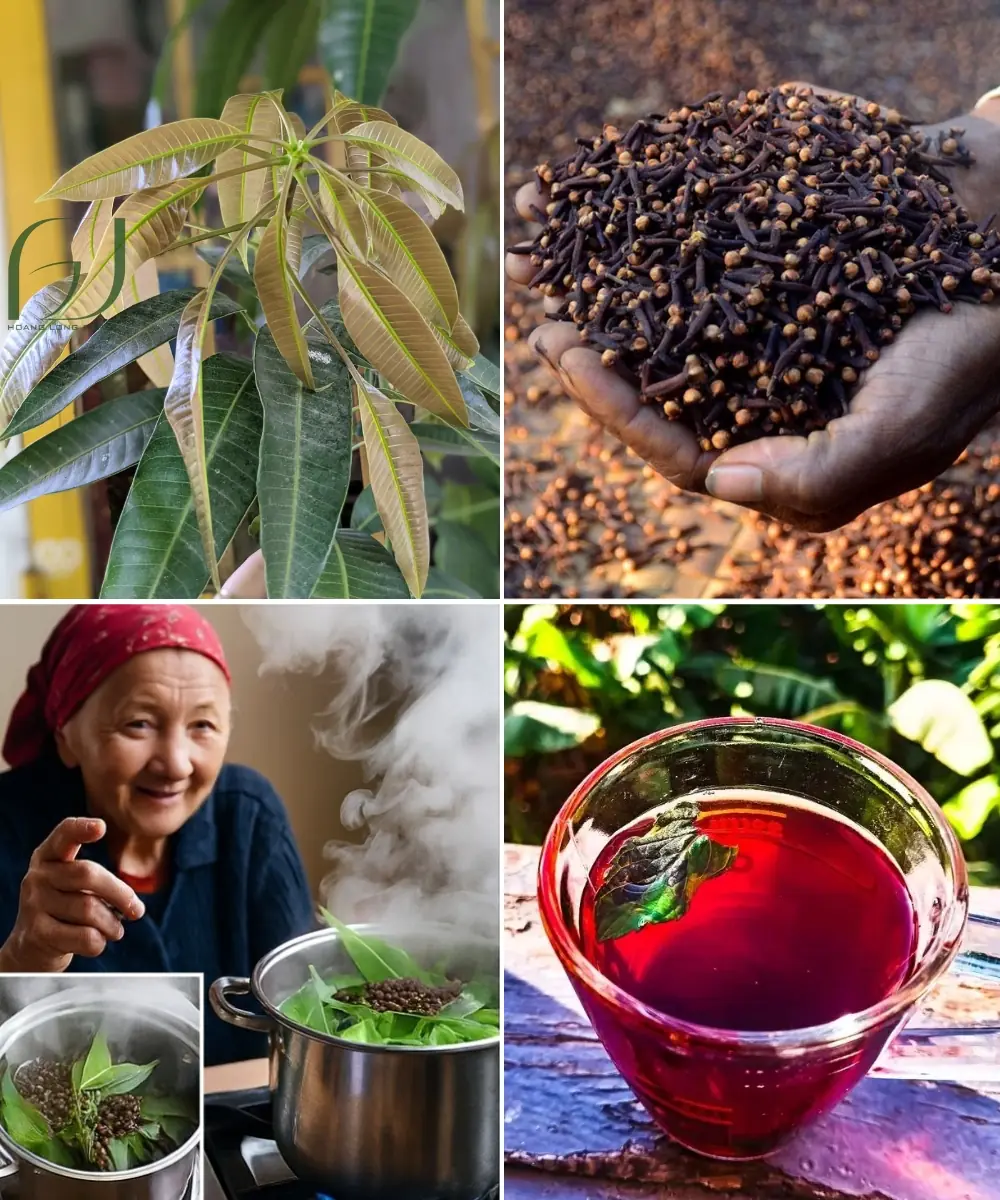
Unlock Nature’s Secret: The Magic of Mango Leaf Tea with Cloves

Got a Sore Throat? Try This Tiny Spice That Works Like Nature’s Antibiotic

The Morning Elixir You’ll Wish You Discovered Sooner: Unleash a Hidden Energy Surge with the Banana-Coffee Blend
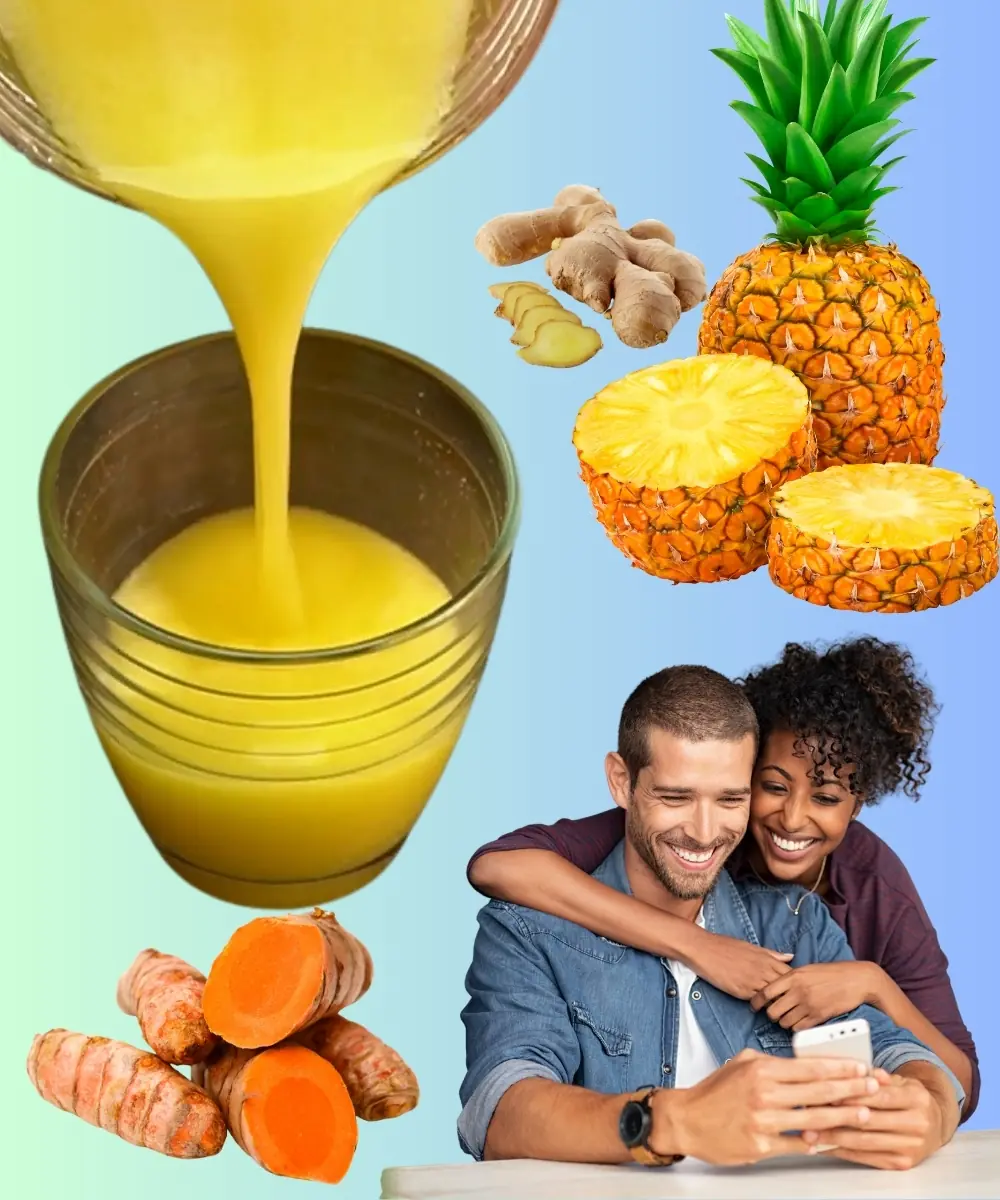
Powerful Natural Blend for Men Over 40: Regain Your Strength and Vitality

China’s Remarkable Railway Feat: 1,500 Workers Complete Complex Track Project in Just Nine Hours

The Platypus: One of Nature’s Strangest and Most Fascinating Mammals

Saudi Arabia Announces Major Gold Discovery Near Mecca, Boosting Mining Ambitions

Nurturing Hearts Before Grades: Japan’s Unique Approach to Early Schooling

Rare Wondiwoi Tree Kangaroo Seen Again After Nearly a Century

Skin Signs of Kidney Disease: What Your Body Is Telling You

What Your Stool Color Reveals About Your Health

Brown Sugar Pecan Bundt Cake

Avocados: The nutrient-packed fruit doctors recommend
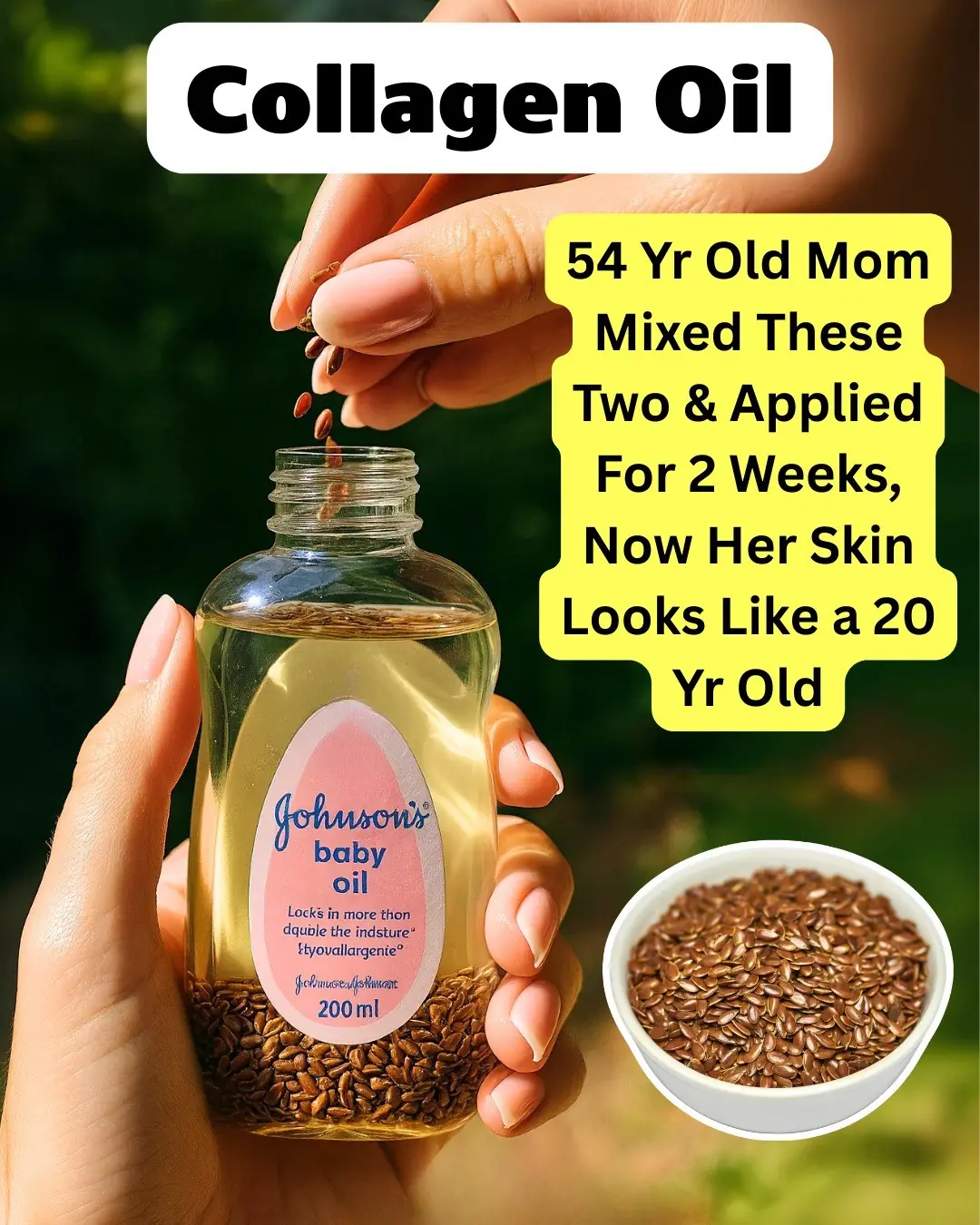
Flaxseed Baby Oil Formula: Collagen Oil For Wrinkle Free Skin

3 types of shirts you should never wear to a funeral

Unveil Colgate’s Surprising Secret for Softer Feet

Little boy cries at gate—k9 dog senses something no one else does
